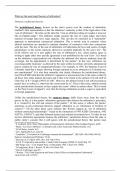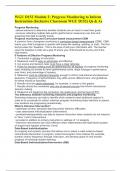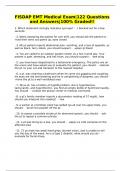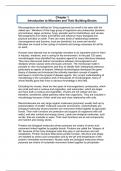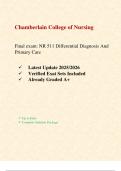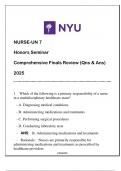Domestic traditional theories
The jurisdictional theory focuses on the state’s power over the conduct of arbitration.
Gaillard’s first representation is that the arbitrator’s authority is that of the legal order of the
‘seat of arbitration’. He relies on the idea that ‘I am an arbitrator sitting in London, I must act
like an English judge.1’ The arbitrator simply assumes the role of a state judge, and where
national sovereign state laws reign supreme. This can also be classified as a “nationalist”
approach to international commercial arbitration. This is mostly seen in countries where
arbitral institutions are attached to national chambers of commerce with close connections
with the state. The law of the seat of arbitration will determine the laws and courts of single
jurisdictions, to the extent expressly allowed or accepted implicitly by the seat’s law 2. The
LCIA follows suit as it also applies the seat of arbitration’s law, unless parties agree in
writing to apply other laws and the agreement is not prohibited by the seat’s law 3. It is based
on the arbitrator’s quasi-judicial role whereby the arbitrator also derives authority from the
sovereign, but his appointment is determined by the parties 4. In this way, arbitrators are
exercising public functions5 as allowed by the state within its territory privately administered
justice systems by way of assignment/tolerance. For example, in 1991, the Supreme Court of
Colombia ruled that a statute allowing foreign nationals to act as arbitrators in Colombia was
not constitutional6. It is also their neutrality that clearly illustrates the jurisdictional theory.
Lord Woolf MR ruled that the arbitrator’s apparent or unconscious bias is the same as that for
all those who make judicial decisions and is that to be found in the opinion of Lord Goff of
Chieveley in R v Gough [1993] AC 6467. However, the arbitral award is not self-executing as
parties have to enforce it, otherwise the courts must do so 8. Thus in this sense, arbitral awards
retain jurisdictional character as they require the courts’ efforts to enforce them. This is based
on the Paris Court of Appeal’s view that the foreign arbitration award is equal or equivalent
to foreign judgments.
Unlike the jurisdictional theory, the contract theory shifts focus away from the state’s
power. In fact, it is the parties’ arbitration agreement that dictates the arbitration’s procedure.
It is ‘created by the will and consent of the parties’ 9. In this sense, it reflects the parties’
autonomy as pro-contractual theorists support arbitration as an ‘illustration of freedom of
contract’10. On the other hand, some scholars like Werner suggest an ‘era of arbitration
without contractual relationships’11 based on the formations of 1965 ICSID Convention, 1992
NAFTA, 1994 ECT, and other bilateral treaties and national investment laws. Yet they do not
involve arbitration agreements because the arbitrators’ jurisdiction derives from the state or
public entity’s consent. But it still agrees with the jurisdictional theory that parties must
1
E. Gaillard, 2010, Three Philosophies of International Arbitration (The Fordham Papers), p308
2
Mann, “Lex Facit Arbitrum”, in Sanders (ed), Liber Amicorum Martin Domke, 162.
3
LCIA Rules, Article 16.4
4
Lew, Applicable Law, para 66.
5
Carabiber, “L'evolution de L'arbitrage commercial international”, 1RCADI 148 (1960) 148-50;
Samuel, Jurisdictional Problems, 55-56.
6
Decision of 21 March 1991, Rev Arb 720 (1991).
7
AT & T Corporation and another v Saudi Cable Company [2000] 2 Lloyd's Rep 127.
8
Del Drago case – Cour d'appel Paris, 10 December 1901, Clunet 314 (1902)
9
US judgment, Reily v Russel, 34 Mo 524 (1864) 528.
10
David, L'arbitrage, para 85.
11
Werner, “The Trade Explosion and Some Likely Effects on International Arbitration”,
14(2) J Int'l Arb 5 (1997).

